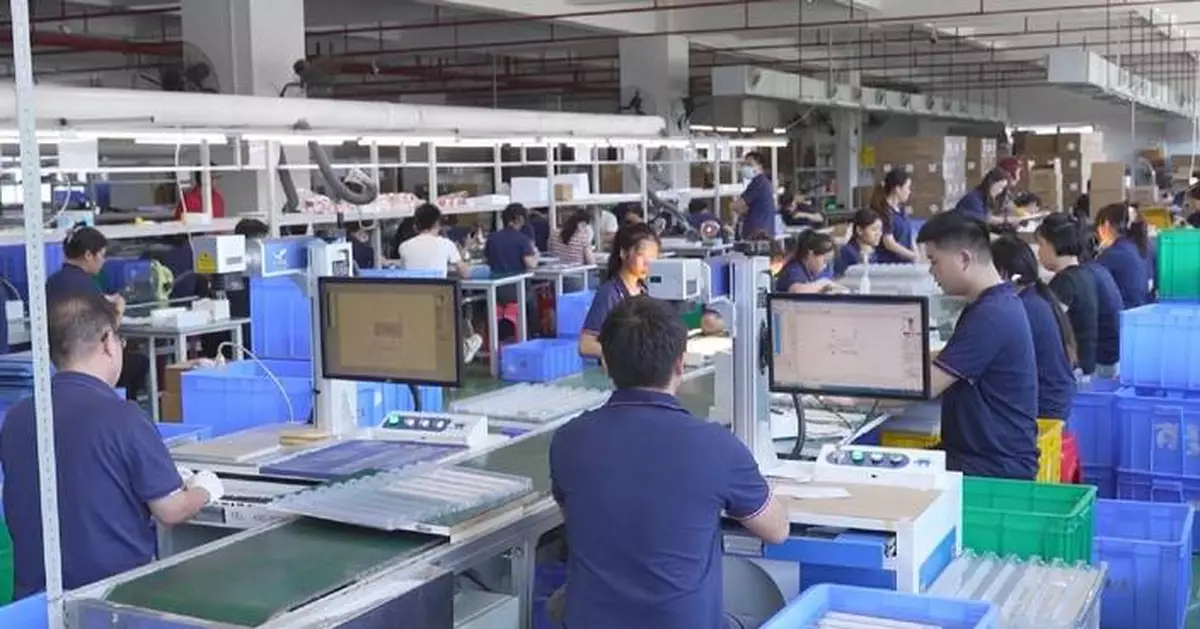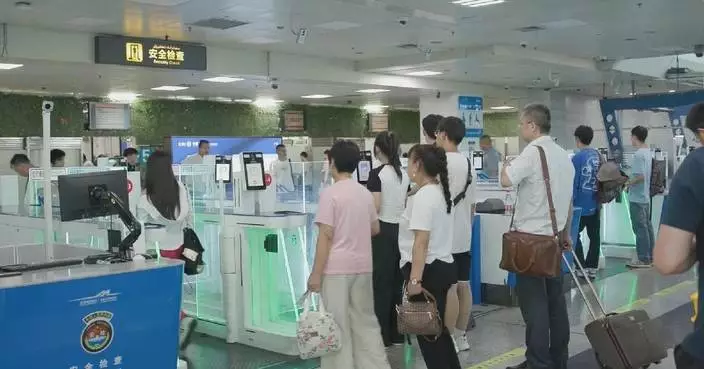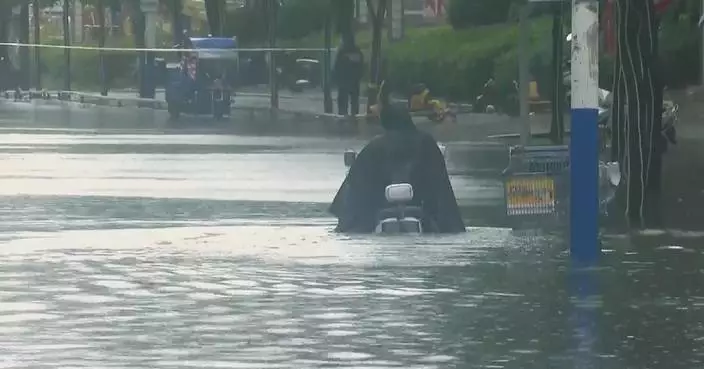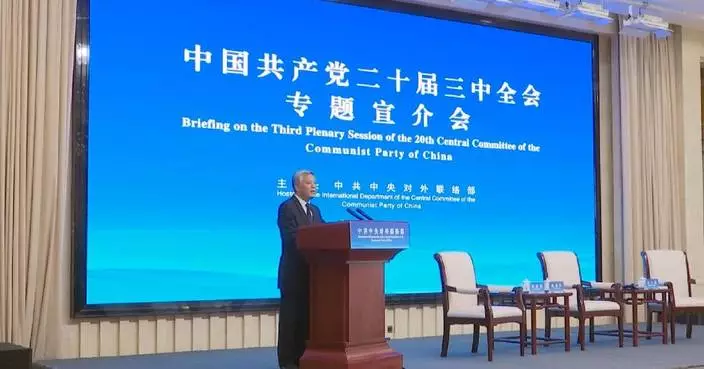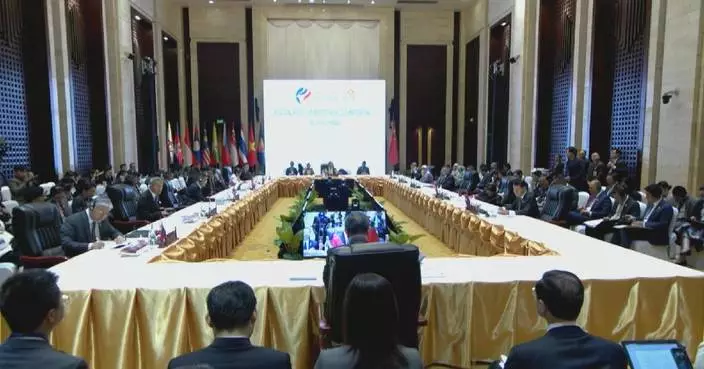Freight rates on key global shipping routes have risen dramatically, prompting foreign trade companies in China to seek innovative solutions to manage costs and ensure timely deliveries.
With some routes experiencing nearly five-fold increases, industry insiders are adapting strategies to mitigate these financial impacts.
Freight costs from Asia to Latin America have jumped from around 2,000 U.S. dollars to between 9,000 and 10,000 U.S. dollars per 40-foot container, while costs to Europe and North America have almost doubled.
To cope with surging shipping costs, exporters in China have rapidly adjusted their strategies.
In east China's Zhejiang province, a Ningbo-based exporter that manufactures window and door components recorded a 50 percent increase in orders for European and Middle Eastern markets over last year.
However, due to the spike in shipping costs and limited shipping space available, they have delayed shipments of four containers by nearly a month.
"Now, even our factory gates are piled with goods. We've bought extra containers to store weather-sensitive items to avoid rain and sun exposure," said Ding Yandong, general manager of Ningbo Rollmax Shutter Component Company.
Ding noted that the cost of shipping a forty-foot container to Saudi Arabia has risen from 3,500 U.S. dollars to between 5,500 and 6,500 U.S. dollars.
To mitigate the financial impact, Ding's company has explored alternatives such as air freight and the China-Europe railway, and even recommended using taller containers to reduce costs.
In southern economic and trade hub Shenzhen City, an exporter has doubled its production lines to cope with these challenges, shortening production times at the front end.
"We used to rely solely on fast sea freight, but now we choose slower conventional ships, extending our goods' transit cycle to cut costs. We've also taken necessary measures to reduce costs on the operational side, such as planning shipments earlier and storing goods in overseas warehouses before moving them to U.S. warehouses," said Luo Qian, operations director of Shenzhen Hanlin International Trade.
To ensure timely deliveries, some companies started shipping their second-half year orders as early as May and June.
"We estimate that this situation is expected to last another two to three months. With the traditional shipping peak seasons in July and August, and the e-commerce boom season in September and October, we anticipate a prolonged busy period this year," said Tang Qianjia, vice president of Shenzhen Tianxingyun Supply Chain Co., Ltd..
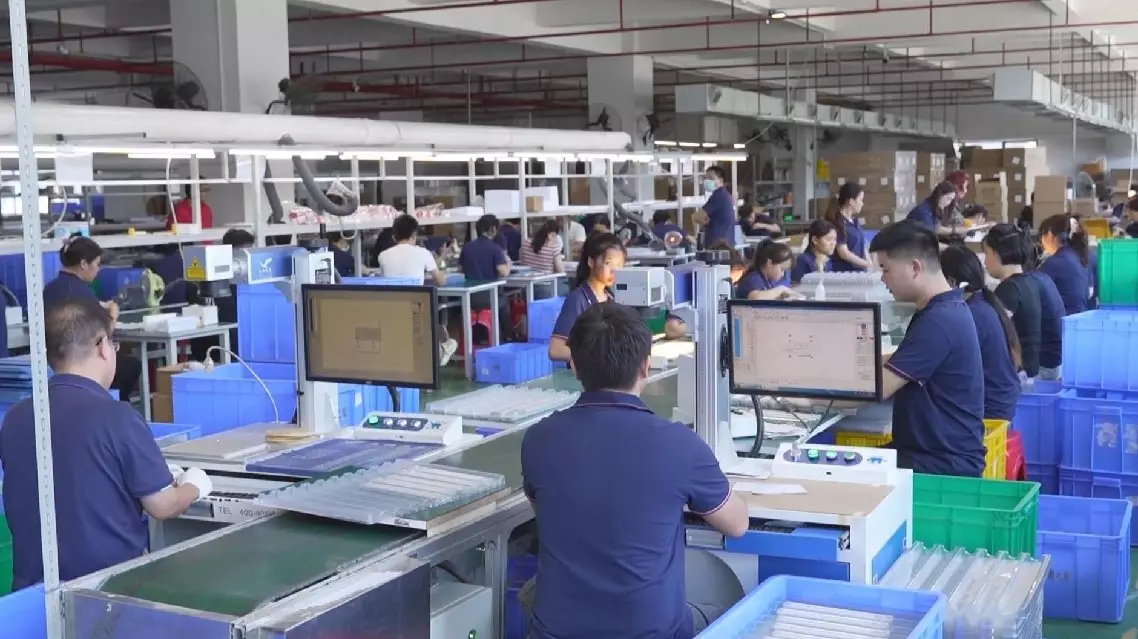
Chinese exporters cope with soaring ocean freight rates challenging global trade


